Keywords: Catholic Health Australia
There are more than 200 results, only the first 200 are displayed here.
-
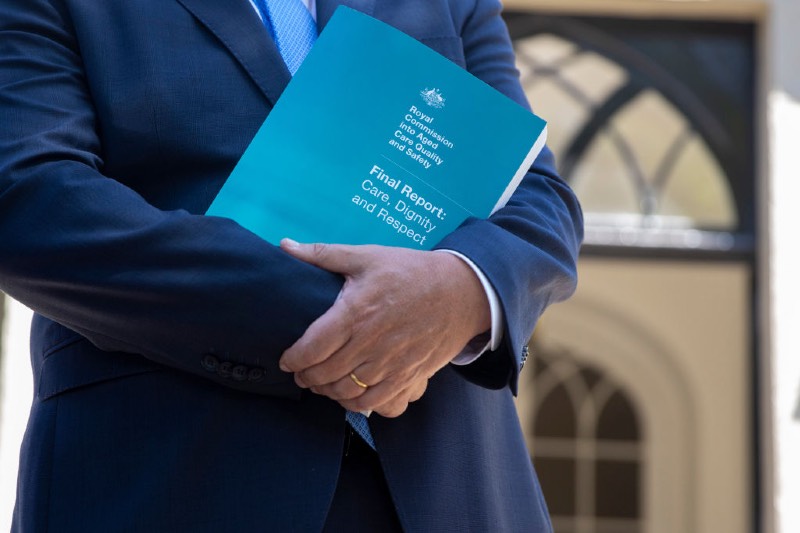
AUSTRALIA
- Jenneke Foottit and Sue Gledhill
- 11 March 2021
2 Comments
The recently released report of the Royal Commission into Aged Care does not hold back in describing a situation that should be abhorrent to us all. As the report notes, ‘substandard care and abuse pervades the Australian aged care system’.
READ MORE 
-
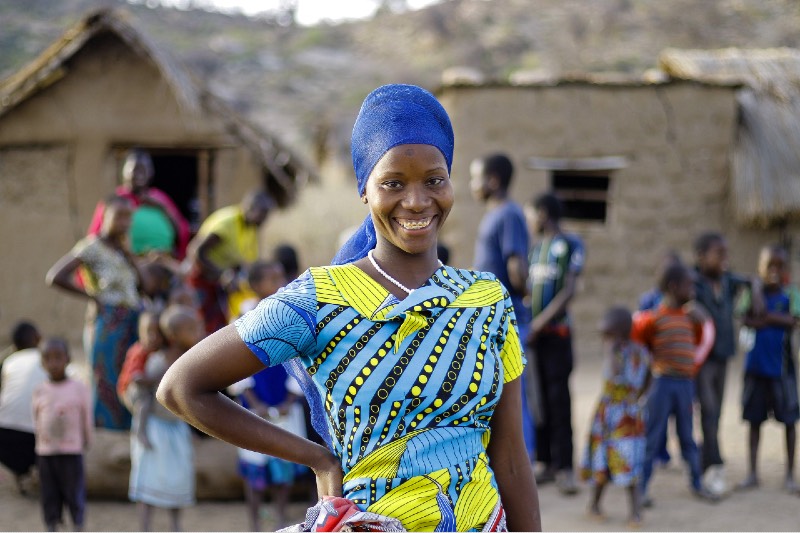
INTERNATIONAL
- Kirsty Robertson
- 09 March 2021
11 Comments
Empowering women and girls is also one of the most cost-effective and sustainable ways to promote positive change in a community, whether here in Australia or overseas.
READ MORE 
-

AUSTRALIA
- Julian Butler
- 18 February 2021
7 Comments
Each of us has our own experience of the first COVID year. We do all share some of the best results in supressing the virus anywhere in the world. Talk, though, of social cohesion and government competency is loaded here in Melbourne.
READ MORE 
-
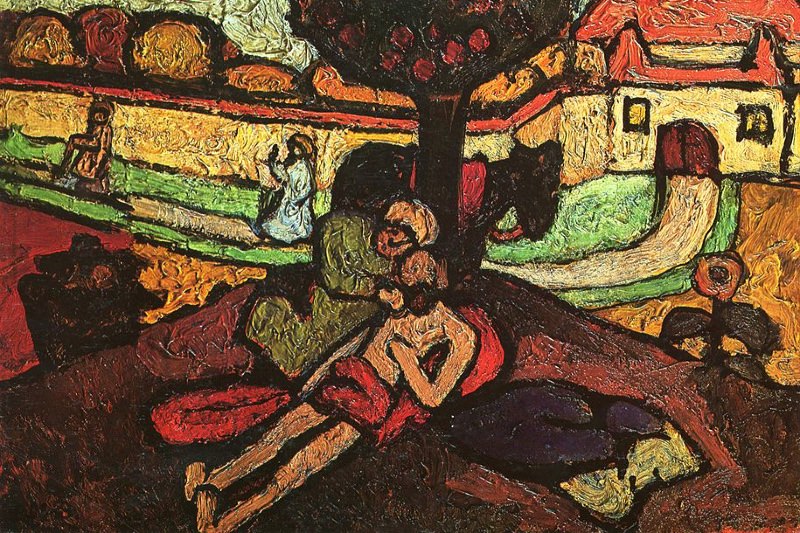
FAITH DOING JUSTICE
- Julian Butler
- 11 February 2021
4 Comments
The size and spread of government payments in past 12 months has held steady, and to some extent, improved the circumstances of many on low incomes or government support. The withdrawal of that support risks returning many to payments that do not provide for basic human needs.
READ MORE 
-
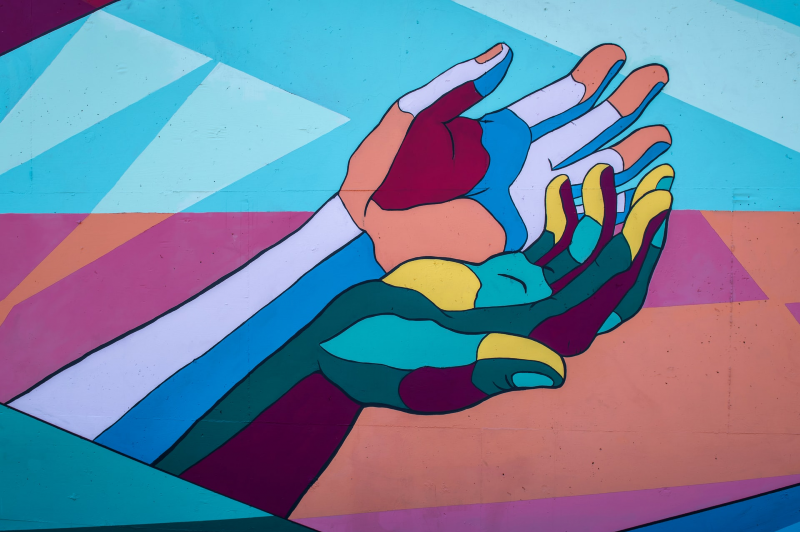
FAITH DOING JUSTICE
- John Warhurst
- 15 December 2020
6 Comments
The work of Catholic social service agencies should be celebrated within the church. Its peak body, Catholic Social Services Australia (CSSA), which has been savagely cut recently, has successfully matched wits with governments for over sixty years and its member agencies continue to serve the community selflessly.
READ MORE 
-
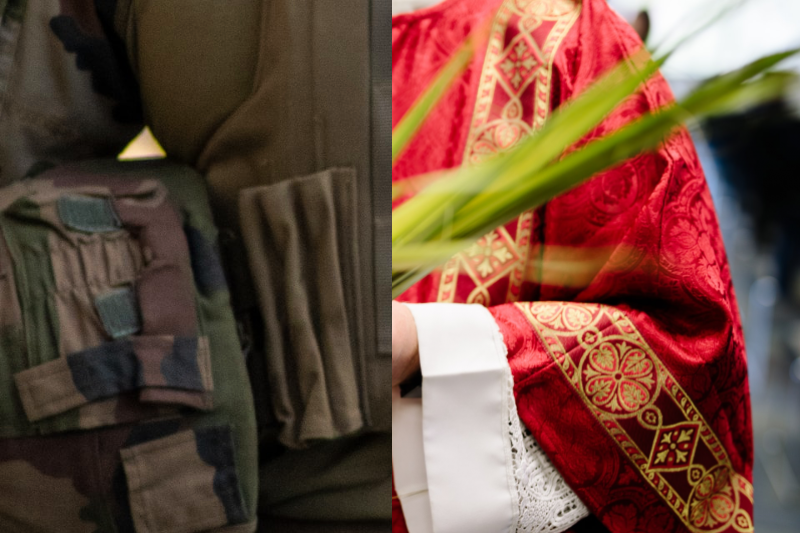
AUSTRALIA
- John Warhurst
- 01 December 2020
31 Comments
The Australian community and its government are struggling to come to terms with the extremely serious allegations against members of the SAS for their alleged criminal misconduct during the war in Afghanistan. At the same time, we Catholics are experiencing a bad case of déjà as there are many echoes of how we felt when the Royal Commission into Institutional Responses to Child Sexual Abuse (RC) began in 2013.
READ MORE 
-
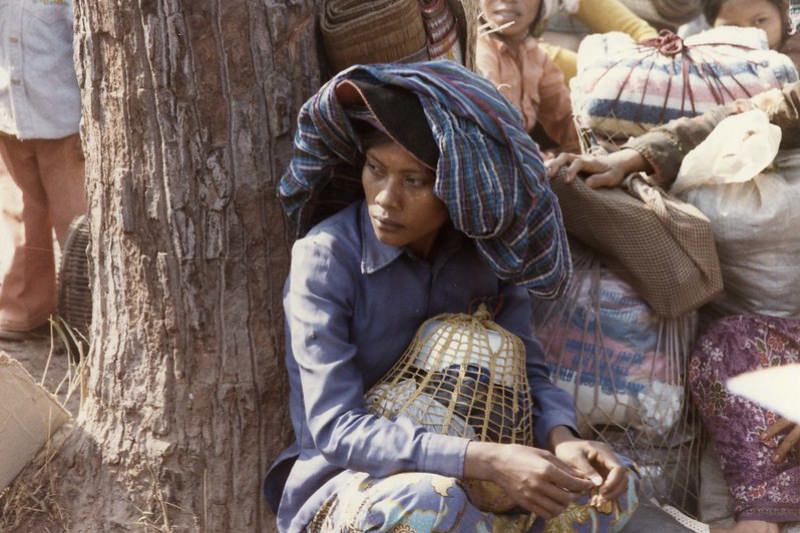
INTERNATIONAL
- Andrew Hamilton
- 26 November 2020
7 Comments
Stories of volunteers who went to help in foreign crises used to focus on the impact on the people helped. Today they explore how both parties are changed through the experience. That was also true in Jesuit Refugee Service (JRS) whose 40th anniversary occurred last week.
READ MORE 
-

RELIGION
- Andrew Hamilton
- 03 September 2020
10 Comments
The Catholic Social Justice Statement embodies this generous vision. Its title emphasises the gift that each human being is, and the blessing that is mental health. Health is not to be taken for granted as an entitlement but accepted and nurtured as a gift.
READ MORE 
-
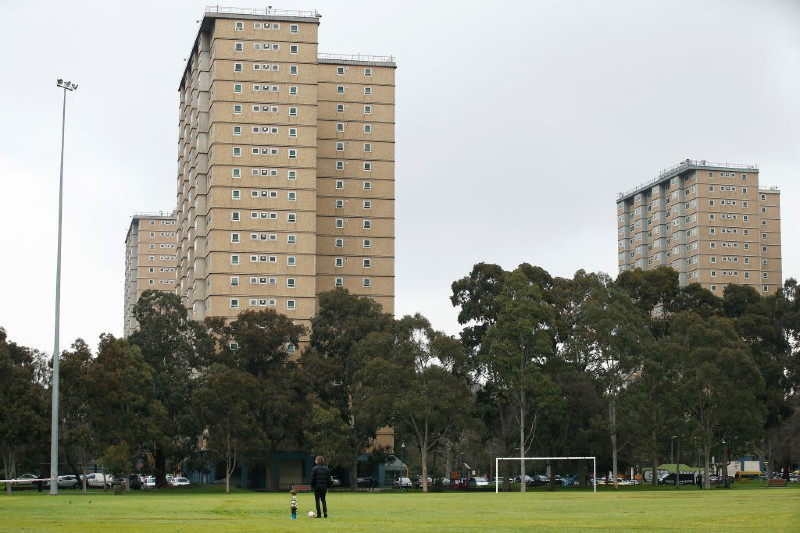
AUSTRALIA
- Joshua Lourensz
- 07 July 2020
7 Comments
Many of us, of course including residents of the towers, understand the exceptional response that COVID-19 has required, and that these lock downs form a part of the response. But when the situation has meant that people must, unless there are exceptional personal or medical grounds, remain house-bound for at least five days, we must be careful in the way we go about caring for the health of people.
READ MORE 
-
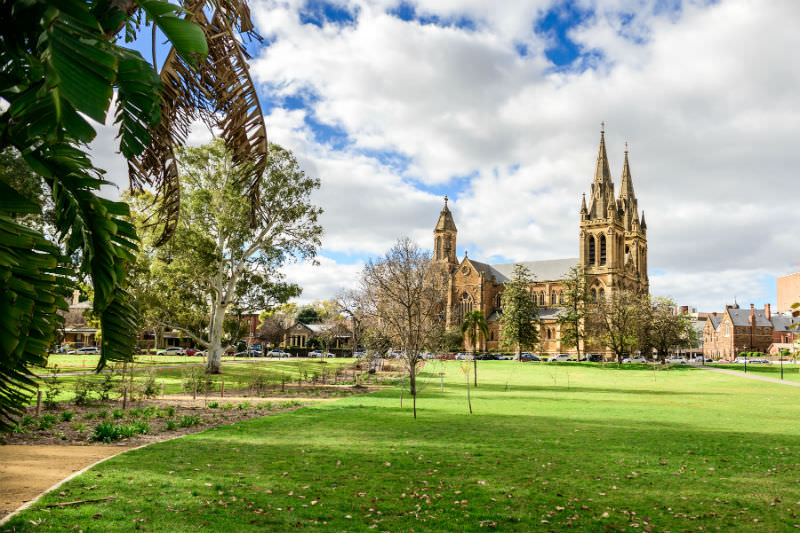
RELIGION
- John Warhurst
- 18 June 2020
27 Comments
Discussion of church life in Australia is incomplete without consideration of who speaks for the church at the national level. The answer to the question 'Who presides over the Catholic church in Australia?’ is more complicated than you might think.
READ MORE 
-
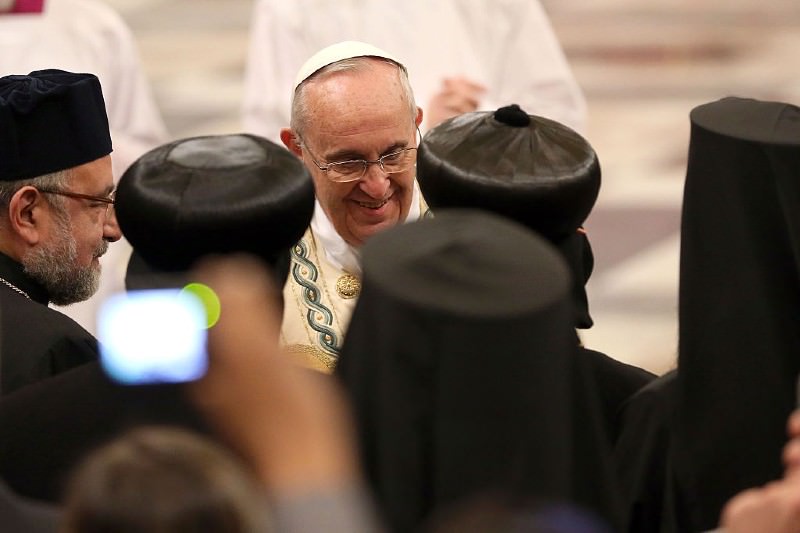
RELIGION
- Andrew Hamilton
- 04 June 2020
19 Comments
With churches closed throughout much of the world, many events and dedicated weeks have passed us by. One of those weeks was the Week of Prayer for Christian Unity. Catholics who paid attention to Pope Francis’ engagements may have noticed it through his references to the 25th anniversary of Pope John Paul’s Encyclical on Christian Unity, Ut Unum Sint.
READ MORE 
-
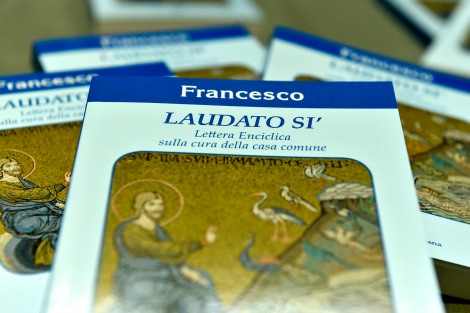
FAITH DOING JUSTICE
- Joshua Lourensz
- 22 May 2020
6 Comments
In thinking through how social services can contribute to what society or the economy needs in light of the ramifications of COVID-19, Catholicism and communism are not two traditions that probably come to the mind for most. But for the kind of thinking that governance and leaders require to make good decisions in and beyond a time of crisis, there are people and concepts from each tradition that we can learn from.
READ MORE 